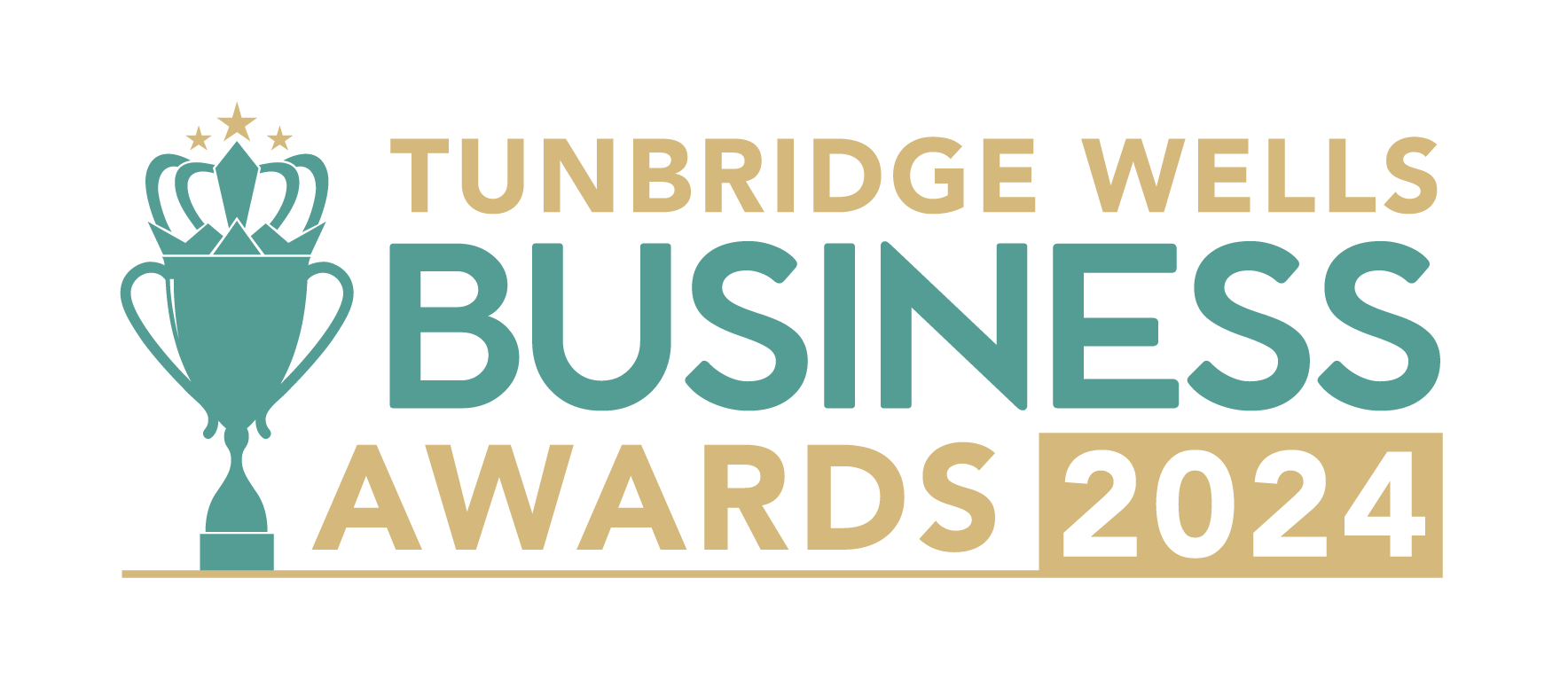The Sevenoaks District chamber of Commerce proudly sponsor the Ethical Business award at the 2024 Tunbridge Wells business awards, organised by The TN card.
Are you entering your business?
Why not?
Entering the Award is a great marketing opportunity to showcase how your business operates at a high level, not just at the customer focussed end but behind scenes too.
Through this series the Chamber unpicks the ethics of business for you to compare how your business achieves more than simply complying with current legislation.
A business is considered ethical when it consistently operates with integrity, treating everyone fairly and honestly while prioritizing the well-being of its employees, customers, and the community. This means being transparent about its practices, following the law, and making decisions that don’t just benefit the company but also have a positive impact on the environment and society. Ethical businesses focus on creating a respectful and inclusive workplace, supporting fair trade, and being accountable for their actions. Essentially, they strive to do good while running their operations, building a reputation that people can trust and admire.
Part 1
Fairness and Accountability in Business: The Cornerstones of Sustainable Success
In today’s rapidly evolving business landscape, fairness and accountability are more than just ethical ideals—they are crucial drivers of long-term success. As businesses navigate complex global markets, the principles of fairness and accountability become essential not only for maintaining a positive reputation, but also for achieving sustainable growth and fostering a thriving work environment. Let’s explore why these principles are so vital and how they can be effectively implemented.
The Importance of Fairness
Fairness in business is about ensuring that all stakeholders—employees, customers, partners, and shareholders—are treated justly and equally. It involves creating an environment where decisions are made transparently, and everyone has a fair opportunity to succeed.
- Employee Relations: Fairness starts with how employees are treated. This includes equal pay, unbiased hiring practices, and opportunities for career advancement. Businesses that prioritize fairness are more likely to attract and retain top talent, foster a positive workplace culture, and enhance employee satisfaction and productivity.
- Customer Trust: Fairness extends to customer interactions. Companies that are transparent about their products and services, handle complaints efficiently, and avoid deceptive practices build trust and loyalty. Customers are more likely to support businesses they believe are honest and ethical.
- Partnerships and Supply Chains: Fairness in business dealings with partners and suppliers is also crucial. Ensuring fair contracts, timely payments, and respect for agreements helps build strong, long-term relationships and supports a stable supply chain.
The Role of Accountability
Accountability is about taking responsibility for actions and decisions and being answerable to stakeholders for the outcomes. It encompasses both individual and organisational responsibility and is key to maintaining integrity and trust.
- Leadership Accountability: Leaders set the tone for the entire organisation. When leaders show accountability by owning up to mistakes and making amends, they create a culture where accountability is valued and practiced at all levels.
- Transparency: Transparency is a fundamental aspect of accountability. Regularly sharing information about business practices, financial performance, and decision-making processes with stakeholders helps build trust and prevents misunderstandings.
- Performance Metrics: Implementing clear performance metrics and benchmarks allows organisations to track progress and hold individuals and teams accountable for their performance. This can include financial targets, project milestones, and customer satisfaction levels.
Implementing Fairness and Accountability
To embed fairness and accountability into the fabric of a business, consider these strategies:
- Establish Clear Policies: Develop and communicate policies that promote fairness and accountability. This might include a code of conduct, anti-discrimination policies, and procedures for reporting unethical behaviour.
- Promote a Culture of Openness: Encourage open communication and feedback. Create channels where employees can voice concerns without fear of retaliation and where feedback is acted upon constructively.
- Provide Training and Resources: Offer training on ethical behaviour, compliance, and best practices for fairness and accountability. Equip employees with the tools and knowledge they need to make ethical decisions and manage complex situations.
- Monitor and Evaluate: Regularly assess the effectiveness of your fairness and accountability practices. Use surveys, audits, and performance reviews to gauge how well these principles are being applied and identify areas for improvement.
- Lead by Example: Leadership should model the behaviour they wish to see in others. By demonstrating fairness and accountability in their own actions, leaders set a powerful example for the rest of the organisation.
The Bottom Line
Fairness and accountability are not just about doing the right thing; they are strategic imperatives that drive business success. By fostering a culture where fairness is a core value and accountability is a standard practice, businesses can enhance their reputation, build stronger relationships with stakeholders, and achieve sustainable growth. In an era where consumers and employees are increasingly values-driven, embedding these principles into your business strategy is not just a moral choice—it’s a competitive advantage.
Ethics are like a stick of rock, they run through the whole of an organisation.
ETHICAL BUSINESS OF THE YEAR: Are you a business that can demonstrate their commitment to ethical practices? We would love to hear about your implementation of business practice and that not only reduces your environmental impact but makes a difference to people and our community.
Please complete this entry form before 9th October in order to be considered for this award. Your businesses must be registered in the borough of Tunbridge Wells.


